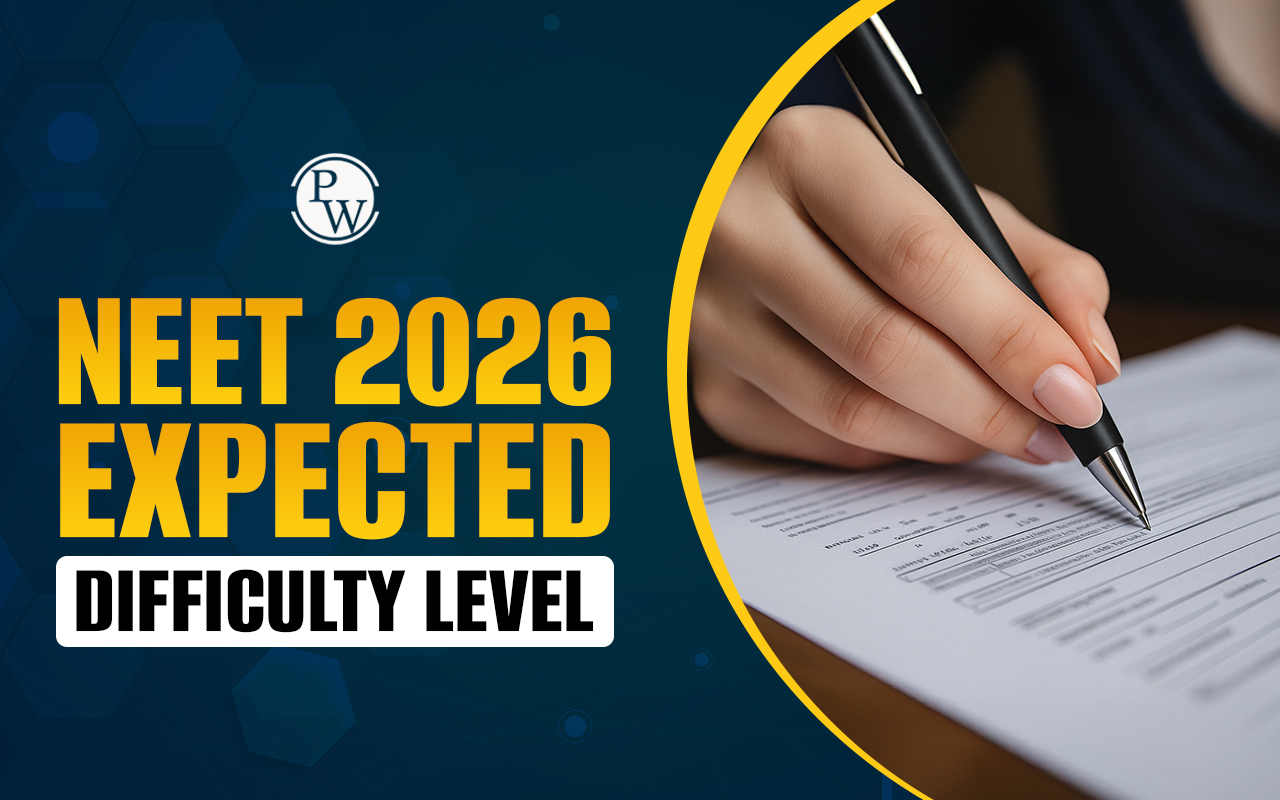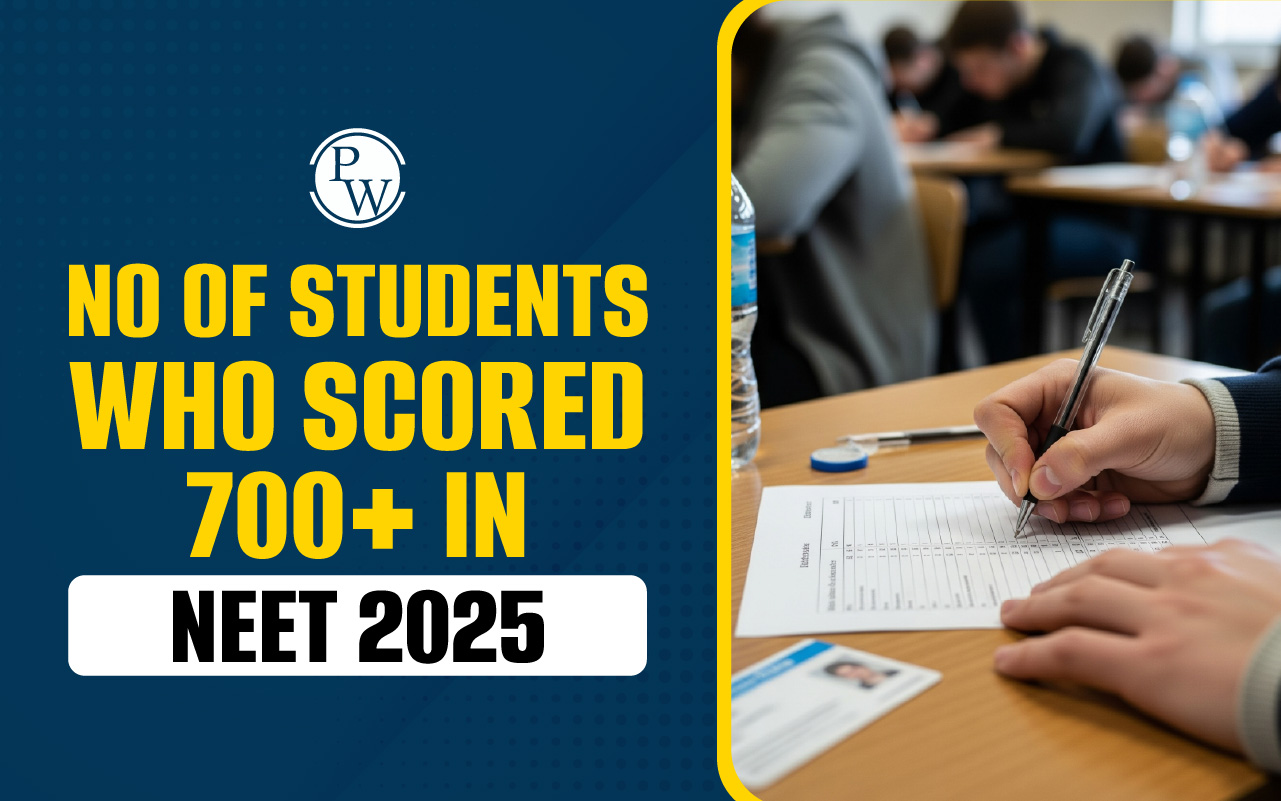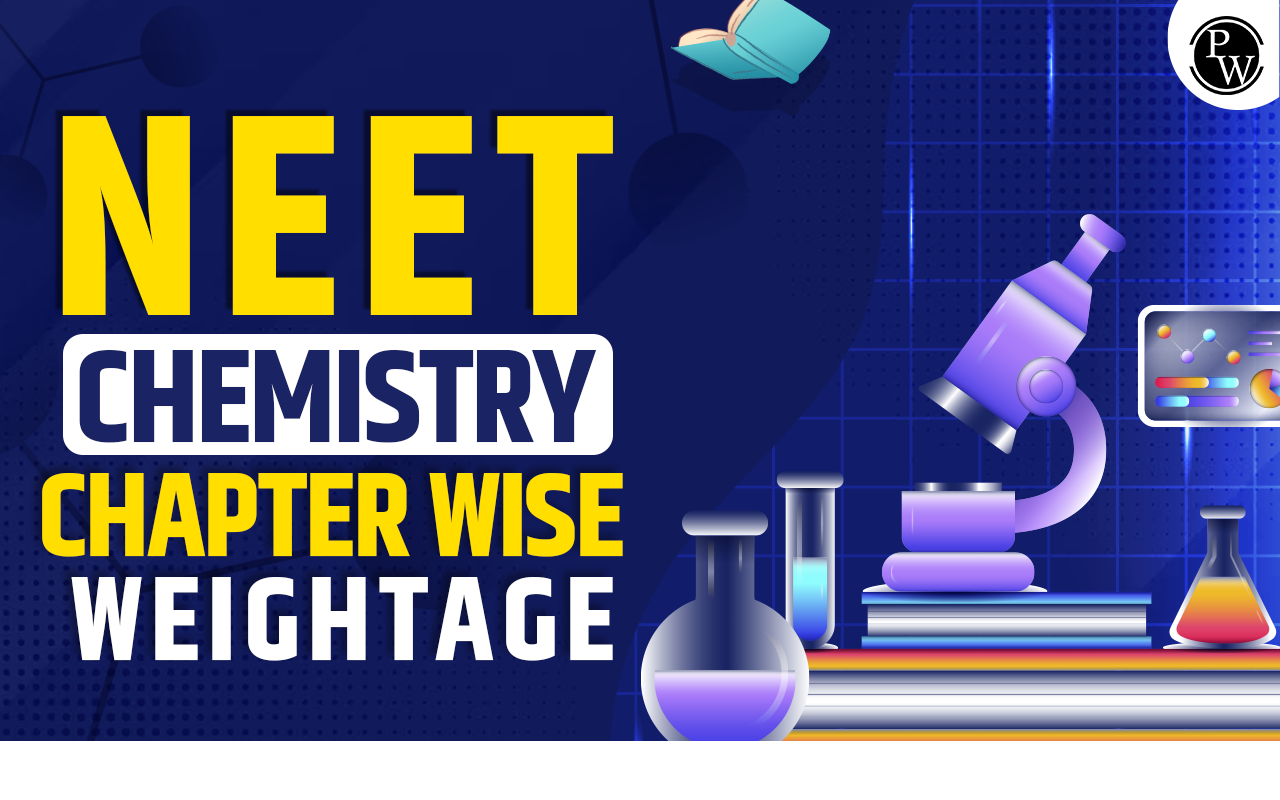
MCQ on Vitamins Introduction
MCQ on Vitamins: Vitamins are essential micronutrients that our body needs in small amounts to function properly. There are thirteen different vitamins, each with its own specific role in maintaining good health and preventing disease. There are two types of vitamins: water-soluble and fat-soluble. Water-soluble vitamins include vitamin C and all B-complex vitamins. These vitamins dissolve easily in water and pass through the body quickly, meaning they must be replenished regularly through diet or supplements.
Fat-soluble vitamins, on the other hand, include vitamins A, D, E, and K. These vitamins dissolve in fats and can be stored in our bodies for longer periods of time but excessive intake can lead to toxicity. Each vitamin has unique functions within our bodies such as immune system support (vitamin C), energy production (B vitamins), vision improvement (vitamin A), or bone strength maintenance (vitamin D). A balanced diet containing these vital nutrients is crucial to our health as deficiencies may result in serious health problems like scurvy caused by a lack of vitamin C or rickets caused by a lack of vitamin D, which may cause deformities - overall, ensuring adequate intake of all essential nutrients.| NEET 2024 Exam Important Links | |
|---|---|
| NEET 2024 Syllabus | NEET Biology Notes |
| NEET 2024 Eligibility Criteria | NEET 2024 Exam Pattern |
| NEET Previous Year Question Papers | NEET 2024 Admit Card |
MCQ On Vitamins
Q 1. Blood in urine or stool can be caused by the deficiency of which of the following vitamins?
- Vitamin K
- Vitamin D
- Folate
- Thiamine
Answer - a, Vitamin K
Explanation: Vitamin K is the vitamin that can cause blood in urine or stool when there is a deficiency. Consuming dark, leafy greens like kale, spinach, and broccoli can help ensure you get enough of this important vitamin. Additionally, foods such as liver, eggs, and soybeans are also good sources of Vitamin K.
Q 2. The Haemorrhagic disease of the newborn is caused to the deficiency of
- Vitamin K
- Vitamin B12
- Vitamin A
- Vitamin B6
Answer - a, Vitamin K
Explanation: Vitamin K is the main vitamin that contributes to the Haemorrhagic Disease of Newborns (HDN). Specifically, Vitamin K helps to prevent excessive bleeding in newborns. It is also important to make sure that your body has enough Vitamin B12, Vitamin A, and Vitamin B6 as these all contribute to your general health.
Q 3. Which of the following hormones are produced under stressful conditions that stimulate glycogenolysis in the human liver?
- Thyroxin
- Insulin
- Adrenaline
- Estradiol
Answer - c, Adrenaline
Explanation: The hormone that is produced under the condition of stress which stimulates glycogenolysis in the liver of human beings is Adrenaline. Stress hormones like adrenaline cause the release of glucose into the bloodstream, in order to provide energy for a “fight or flight” response. Vitamins are essential for healthy functioning and can help your body prevent and/or manage stress better.
Q 4. Which of the following vitamins contain metal atoms?
- Riboflavin
- Vitamin B12
- Vitamin A
- Vitamin B6
Answer - b, Vitamin B12
Explanation: Vitamin B12 also known as cobalamin contains a metal atom known as cobalt and is essential for healthy blood production, neurological functioning, and immune system health. It is also needed to make red blood cells, which carry oxygen throughout your body.
Q 5. A vitamin that plays a vital role in the coagulating property of blood is:-
- vitamin A
- vitamin D
- vitamin B
- vitamin K
Answer - d, Vitamin K
Explanation: It is important for healthy blood clotting. It can be found in leafy green vegetables such as spinach, kale, and broccoli, as well as some dairy products.
Q 6. Vitamin which is believed to cure the common cold?
- A
- K
- C
- E
Answer - c, C
Explanation: Vitamin C is believed to be the best remedy for the common cold. Vitamin C helps boost your immune system, which can help protect you from getting a cold or reduce the symptoms of the cold if you do get it.
Q 7. Which vitamin contains Niacin?
- Vitamin A
- Vitamin C
- Vitamin B
- Vitamin D
Answer - c, Vitamin B
Explanation: Niacin, which is also known as Vitamin B3, can be found in a variety of foods. It is important for energy production and maintaining a healthy immune system. You can find it in salmon, turkey, potatoes, and peanuts.
Q 8. Kwashiorkor is caused by the deficiency of?
- vitamins
- hormones
- carbohydrate
- essential amino acids
Answer - d, essential amino acids
Explanation: Kwashiorkor is caused by the deficiency of essential amino acids. Vitamins are not the cause of this condition but may be beneficial in treating it. Essential amino acids are part of a healthy diet and help build proteins and enzymes that play an important role in many bodily functions. A lack of these nutrients can lead to Kwashiorkor, which is characterized by stunted growth, loss of appetite, fatigue, and other symptoms.
Q 9. Which one of the following pairs is not correctly matched?
- Vitamin C- Scurvy
- Vitamin B2- Pellagra
- Vitamin B2- Pernicious Anaemia
- Vitamin B6- Beri beri
Answer - c, Vitamin B2- Pernicious Anaemia
Explanation: Pernicious anemia is not caused by a deficiency of Vitamin B2 (riboflavin), but rather by a deficiency of Vitamin B12 (cobalamin). Pernicious anemia can be caused by a deficiency of vitamin B12.
Vitamin B2 (riboflavin) is primarily associated with various functions in the body, including energy production, maintaining healthy skin and eyes, and supporting the metabolism of other nutrients. Pellagra, a condition characterized by dermatitis, diarrhea, and dementia, is caused by a deficiency of Vitamin B3 (niacin).Q 10. Which of the following Is mismatched’
- Vitamin A- Xerophthalmia
- Vitamin D- Rickets
- Vitamin K- Beriberi
- Vitamin C-Scurvy
Answer - c, Vitamin K - Beriberi.
Explanation: Vitamin K is not associated with beriberi. Beriberi is caused by a deficiency of Vitamin B1 (thiamine). Vitamin K is primarily involved in blood clotting and bone health.
The correct associations are: Vitamin A is associated with Xerophthalmia, a condition that affects the eyes. Vitamin D is associated with Rickets, a condition that affects bone development. Vitamin C is associated with Scurvy, a condition caused by a deficiency of Vitamin C.Q 11. Which is a major essential lipophilic (fat-soluble) vitamin required for the protection of cell membranes and the formation of red blood cells (RBCs)?
- Vitamin A
- Vitamin E
- Vitamin D
- More than one of the above
Answer - b, Vitamin E
Explanation: The major essential lipophilic (fat-soluble) vitamin required for the protection of cell membranes and the formation of red blood cells (RBCs) is Vitamin E.
Vitamin E is a fat-soluble vitamin and acts as an antioxidant, protecting cell membranes from oxidative damage. It helps maintain the integrity of cell membranes and prevents the oxidation of polyunsaturated fatty acids within the membranes. Additionally, Vitamin E is involved in the formation of red blood cells. Vitamin A, another fat-soluble vitamin, is essential for vision, immune function, and cellular differentiation, but it is not primarily associated with the protection of cell membranes or the formation of red blood cells. Vitamin D, also a fat-soluble vitamin, plays a crucial role in calcium absorption and bone health, but it is not directly related to the protection of cell membranes or the formation of red blood cells.Q 12. Deficiency of which vitamin lowers the rate of calcium absorption from the food?
- Vitamin D
- Vitamin C
- Vitamin B
- Vitamin K
Answer - a, Vitamin D
Explanation: Vitamin D is essential for calcium absorption from the food we eat. Without adequate amounts of Vitamin D, your body won’t be able to absorb enough calcium, leading to a decrease in bone mineral density and an increased risk of osteoporosis. Eating foods high in Vitamin D and supplementing your diet with a Vitamin D supplement may help improve calcium absorption levels and reduce the risk of bone loss.

Q 13. Which of the following vitamins are normally made in the kidneys?
- Vitamin A
- Vitamin E
- Vitamin C
- Vitamin D
Answer - d, Vitamin D
Explanation: Vitamin D is the only one of the vitamins listed that is normally made in the kidneys. The other three vitamins listed (Vitamin A, Vitamin E, and Vitamin C) are not made by the kidneys.
Q 14. The commonly used Vitamin B Complex is constituted of how many vitamins?
- 8
- 10
- 12
- 6
Answer - a, 8
Explanation: The Vitamin B Complex consists of eight main vitamins: B1 (thiamine), B2 (riboflavin), B3 (niacin/niacinamide), B5 (pantothenic acid), B6 (pyridoxine), B7 (biotin), B9 (folic acid) and B12 (cobalamin).
Q 15. Which vitamin is also known as an anti-sterility vitamin?
- Vitamin - A
- Vitamin - D
- Vitamin - E
- Vitamin - K
Answer - c, Vitamin E
Explanation: This important antioxidant helps protect cells from damage and supports the healthy development of the reproductive system. Vitamin E can be found in a variety of foods, such as nuts, seeds, leafy greens, whole grains, and fortified cereals.
Q 16. Which of the following vitamin is tocopherol?
- A
- B
- D
- E
Answer - d, E
Explanation: Tocopherol is a form of vitamin E that helps support the immune system, protect cells from damage, and promote healthy skin and eyes.
Q 17. The chemical name of vitamin B12:
- Folic acid
- Thiamine
- Cyanocobalamine
- Acetic acid
Answer - c, Cyanocobalamine
Explanation: It is a complex molecule that contains a cobalt ion surrounded by a corrin ring structure. Cyanocobalamin is converted into active forms of vitamin B12 in the body, which are essential for various biological processes, including the production of red blood cells and the proper functioning of the nervous system.
Folic acid (vitamin B9), thiamine (vitamin B1), and acetic acid are different substances and not the chemical names of vitamin B12. Prepare for NEET with Physics Wallah's NEET online coaching . Get clear explanations, practice sessions, and expert guidance at your fingertips. Our NEET coaching covers everything, from in-depth notes to interactive classes. Learn at your own pace, ask questions, and ace your exam confidently.MCQ on Vitamins MCQ FAQs
What are the 13 vitamins in order?
What is vitamin and its types?
What are the functions of vitamin?
What are vitamins A to Z?
Are there 13 known vitamins?










